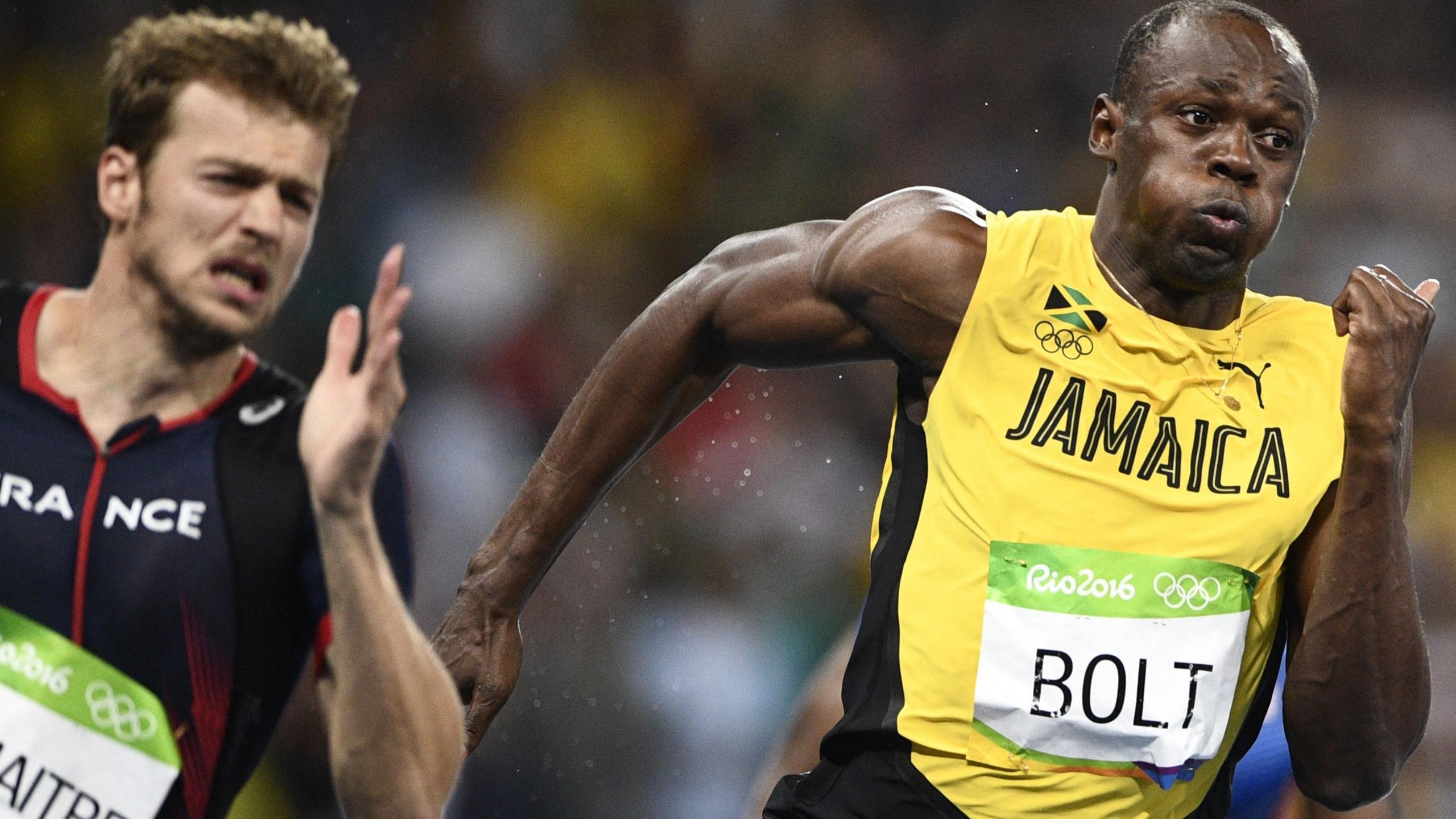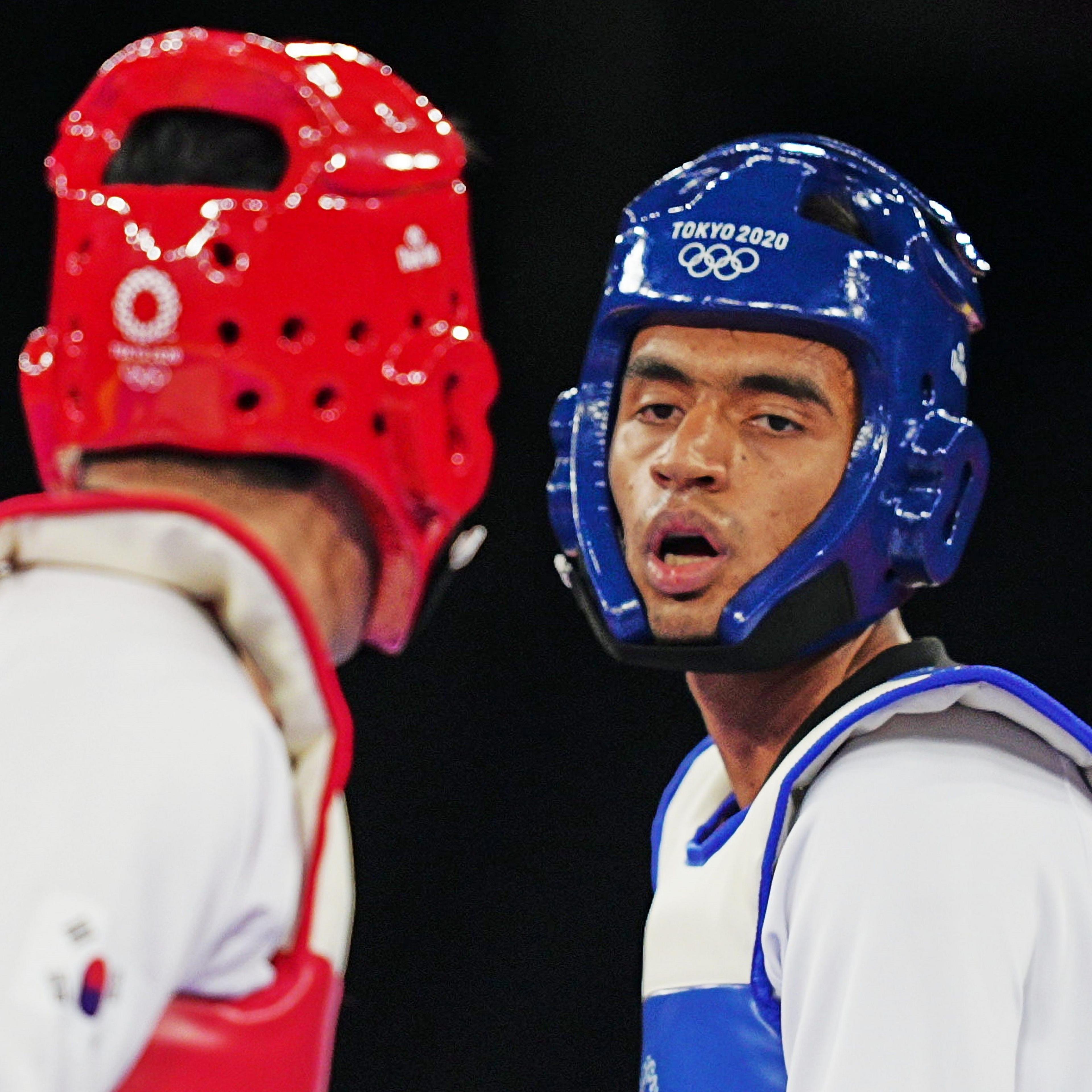
Wearing traditional white robes, a patterned tunic and a black face mask, Farzad Mansouri proudly carried the Afghanistan flag into Tokyo's Olympic Stadium.
As he strode out in front of empty stands and a global television audience of millions, he had no idea that a few weeks later he would be scrambling to flee the country he was representing in taekwondo.
The teenager couldn't foresee the desperate scenes at Kabul airport as he, and tens of thousands of compatriots, tried to board evacuation flights to get away from the Taliban.
He did not know he would be mourning the death of a team-mate in a suicide bomb attack.
Nor could he have imagined he would be spending months living with five members of his family in one room in a refugee camp in Abu Dhabi before heading to the UK alone.
“When I left my country and my house, the only clothing I had was my Olympic kit," he told BBC Sport.
"My only goal was the Olympic Games. I said I will carry on anything I can so I can go to Paris.”
And after makeshift training in the refugee camp, not seeing his parents for more than two years and missing many competitions because of visa issues, Mansouri has succeeded.
Now 22, he will compete under a different flag in Paris. When the athletes sail down the River Seine in July's opening ceremony, Mansouri will be beneath a banner bearing the Olympic rings this time.
He has been selected for the International Olympic Committee's Refugee Olympic Team, motivated by the home he has left behind and cheered on by the new one that has welcomed him.
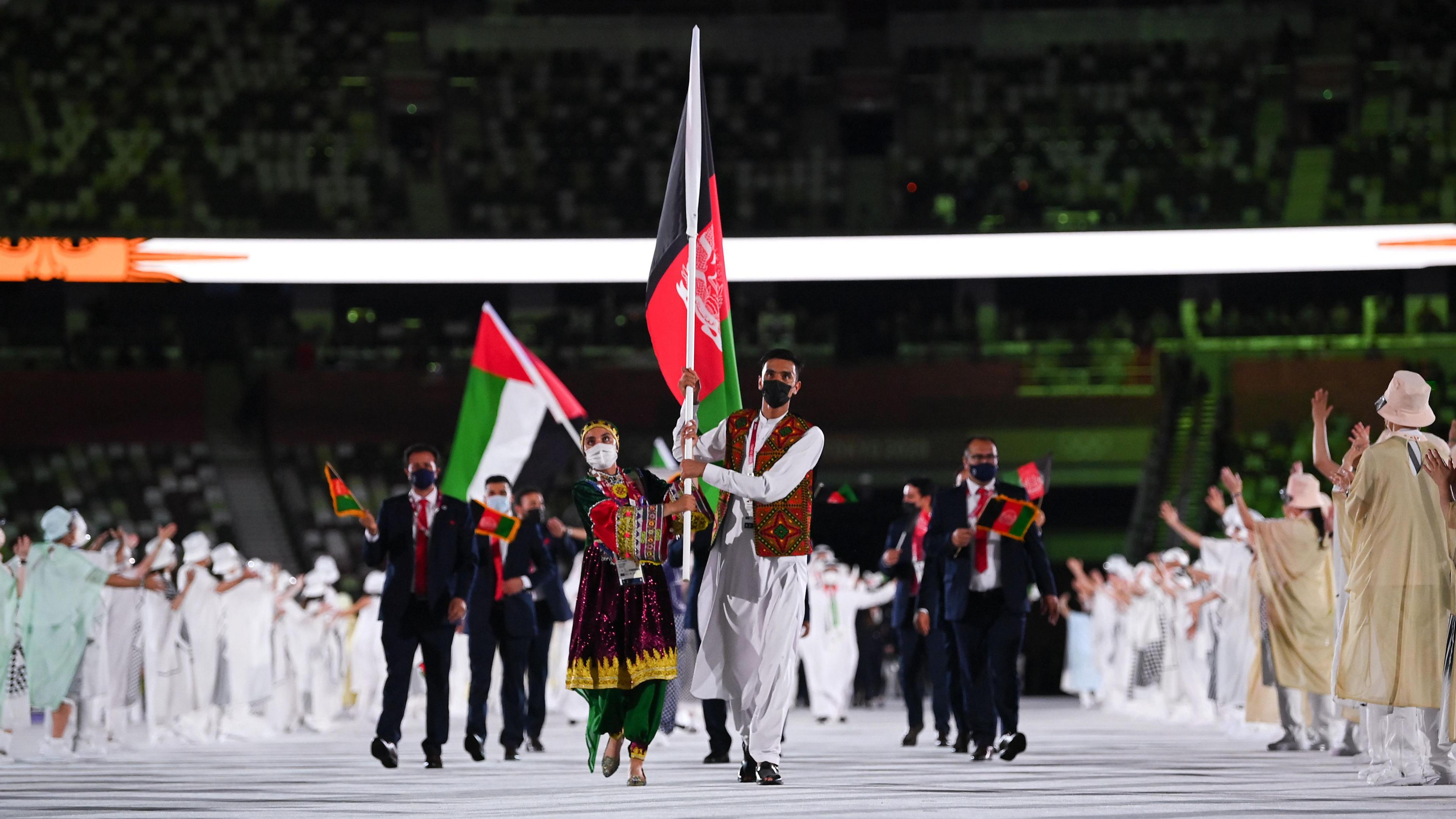
Mansouri carried the Afghan flag alongside sprinter Kamia Yousufi at the Tokyo Games. Nations were given the option to nominate two flagbearers in a gesture of gender equality
Mansouri was in Tokyo, having lost in the last 16 in the +80kg category at the Olympics, when a brother, who lives in London, called him.
His sibling's message was stark: “Don’t go back to Afghanistan. I know everything will go bad.”
A coalition of foreign forces, led by the USA and including the UK, had been withdrawing from Afghanistan after making a deal with the Taliban, two decades after removing the hardline Islamist group from power.
While Mansouri was competing in Tokyo, the Taliban made rapid territorial gains as US troops pulled out and reduced support for the Afghan army.
Despite what he was hearing, Mansouri told his brother he was going home: “I’m carrying my flag. I will live in Afghanistan until I'm safe.
“I have to go to Afghanistan because if I go to London, they would say, ‘oh, he was maybe carrying the flag just for show'. But it's not like that.
“I went to back to Afghanistan and after two weeks the situation got very bad."
The Taliban took over Kabul on 15 August 2021, with the capital descending into chaos. Fearing the return of their fundamentalist rule, Afghans and foreigners rushed to find room on flights out of the country.
Mansouri, who was 19 at the time, said he quickly realised he needed to join them.
“Embassies closed, everything closed,” he says. “I was thinking, how can I carry on my sport life? How can I go to another competition?
“So I discussed with my dad and my mum and I told them, ‘If you want to help me, you have to go outside the country’.”
With a father who worked with the Afghan army and a brother who worked with Americans, there was a pressing reason beyond sport for the family to want to leave - the risk of reprisals.
Mansouri packed two small bags, stuffing in whatever sporting kit he could. His mother, still recovering from a back operation, father, brother, sister and niece all decided to make the journey.
“The situation was very crazy,” Mansouri says. “Everyone was trying to get inside the airport and some of them didn’t have documents, nothing. We were outside the airport one or two days.
“Children were crying and, as maybe you saw in the news or on TV, the situation was very bad.”
Television footage showed frantic scenes as people ran on to the tarmac trying to get on to planes and gunshots were fired into the air.
Some people were reported to have died after falling from the underside of a plane they were clinging to, while others were killed in a crush outside the airport.
Mansouri and his family eventually got on a US evacuation flight, not knowing when they might next see the rest of their relatives.
The day after they landed in the United Arab Emirates, a suicide bomb attack on Kabul airport killed 170 civilians and 13 US soldiers.
Among those who lost their lives was Mansouri’s taekwondo team-mate Mohammed Jan Sultani.
Sultani, 25, had left his wife and two young children further back as he tried to get nearer to the gate and secure their passage out the of the country. Unwittingly, he was moving closer to the blast that would kill him.
“I lost my friend, I was really close with him,” says Mansouri. “I was really sad. He was also trying to leave the country. I was thinking, what’s going on?”
The US and its coalition partners evacuated more than 123,000 civilians in August 2021, with the UK airlifting around 15,000 Afghans and British nationals.
However, an inquiry by MPs in 2022 found the UK's withdrawal from Afghanistan had been a "disaster" and that "mismanagement" of the evacuation "likely cost lives".
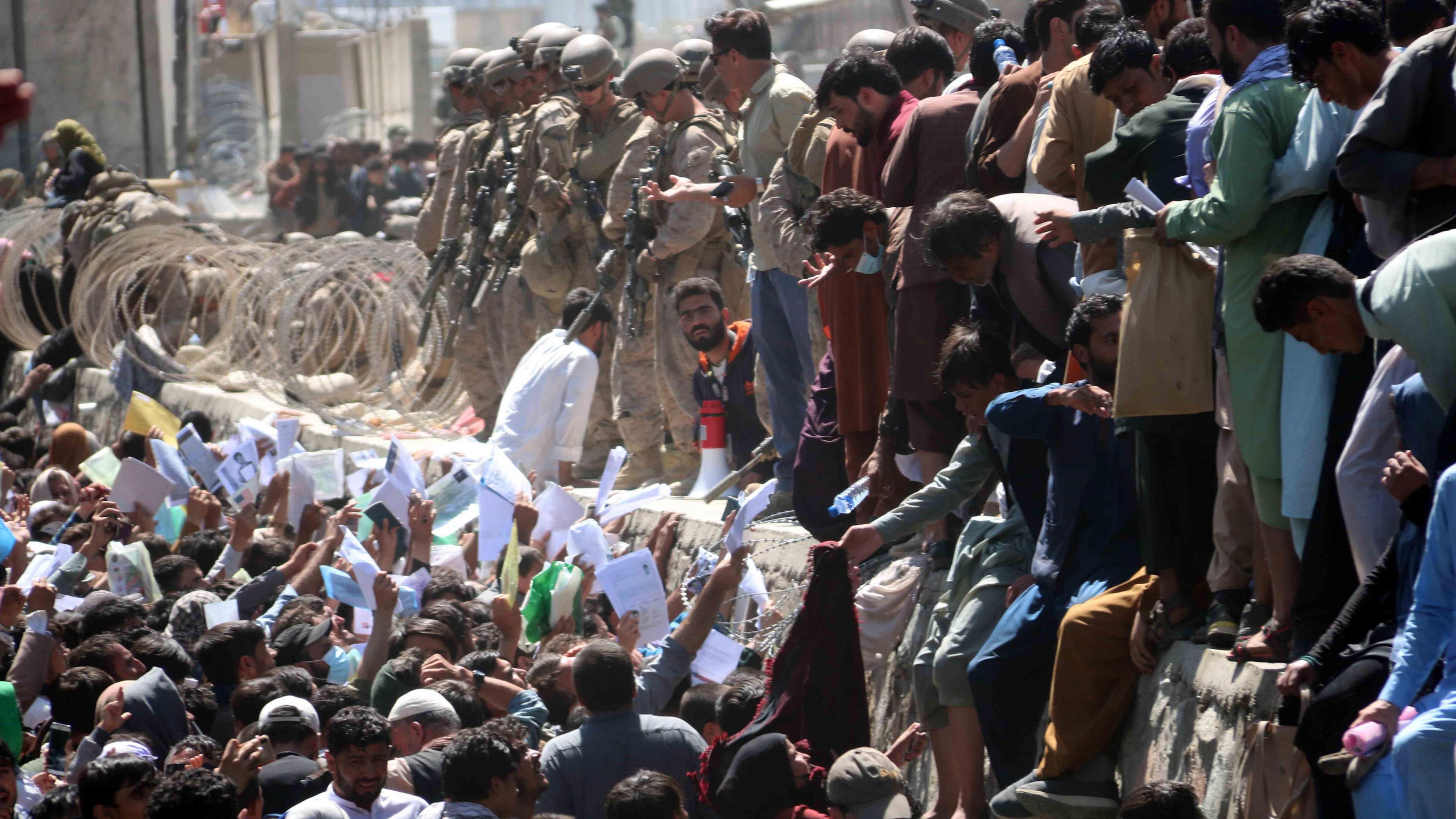
Afghans surrounded Kabul airport in August 2021 attempting to gain access to evacuation flights out of the country
Mansouri's flight delivered him to a huge compound in Abu Dhabi housing thousands of Afghan refugees.
There were still Covid restrictions, meaning he and his family were confined to the room they all shared.
Somehow he needed to find a way to be able to train to stand a chance of continuing in elite sport one day.
Having explained his situation to camp staff, he was allowed to leave the room – but not the compound - and he started running and skipping and doing some conditioning.
He managed to order some pads and protection online to be delivered to the camp and roped his brother in as a partner and started kicking.
“It was not really good training but I was just thinking, 'I have to keep my body and fitness',” he said. “I cannot improve, but I have to stay the same. In taekwondo, if you've not trained for a long time, it is really hard to come back and start.”
He also needed to find a way to eat like an athlete.
The food in the camp was spicy – mainly Indian cuisine - and repetitive. When Covid restrictions started being lifted, he was able to order food in three or four times a week.
While trying to maintain his fitness, Mansouri had various invitations from other countries, including the Netherlands and Azerbaijan, but he said the one from the UK was the most appealing because of its world-class taekwondo athletes and facilities.
He would be able to train at GB Taekwondo’s centre in Manchester, alongside Olympic medallists such as Jade Jones, Bianca Cook and Bradly Sinden.
The question was, when?
Mansouri had thought he would be in the camp for one or two months but that had became eight before he finally left for the UK in May 2022.
He hasn't seen his parents in person since.
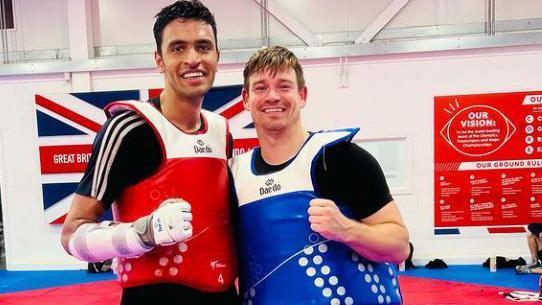
Mansouri and Aaron Cook, three-time European champion, at GB Taekwondo's Manchester base
Arriving in England, Mansouri spoke very little English. Paired with a coach from Liverpool, he found he understood even less.
“The Liverpool accent is really fast,” he laughed, adding in the early days he often could not understand what he was being told to do at training sessions and at competitions it was even harder against the backdrop of other noise.
Now, as he sits in a sofa in a room at the GB Taekwondo training centre that is accessorised with cushions and beanbags featuring British flags, he speaks comfortably in his new language and warmly about his experiences here.
He has been welcomed as one of the family by those he trains with and the GB Taekwondo social media feeds detail his endeavours in the same way as their British athletes.
The main thing holding back his career since he got to the country has been visas.
“I missed a lot of competition in the past, like the European Games, because of my documents, because of [my] refugee status,” said Mansouri, who has been financially supported by the IOC and World Taekwondo.
It is for a similar reason that his parents – who now live in the USA with one of his brothers – will not be able to travel to Paris to watch him at the Olympics, although he hopes the brother who lives in London will manage to.
Mansouri has recently got a British refugee travel document which he says is making things easier.
He was able to travel to Bulgaria in March, where he won a bronze medal at the European Olympic qualifying event, and in May he was selected for the Refugee Olympic Team, which represents more than 100m people across the world who have been forcibly displaced.
The IOC first included a refugee team in the 2016 Games. This year it features 36 athletes from 11 different countries of origin, competing in 12 different sports.
“When I'm thinking about my situation in the past in Abu Dhabi and at the airport in Kabul, that gives me more motivation to train harder,” Mansouri said.
“I'm trying to get the best result for my country, for the people who are helping me in Great Britain and GB Taekwondo and my coach, my family as well. Especially my family… because they left the country for me.
"And of course [I want] to get a good result for the Olympic refugee team because they are helping us to compete in the Games.”
There has not yet been a medal for anyone representing the team but Mansouri hopes to change that by fulfilling his ambition: “Only gold, only a gold medal.”
His aims are great, but his reasons even greater.
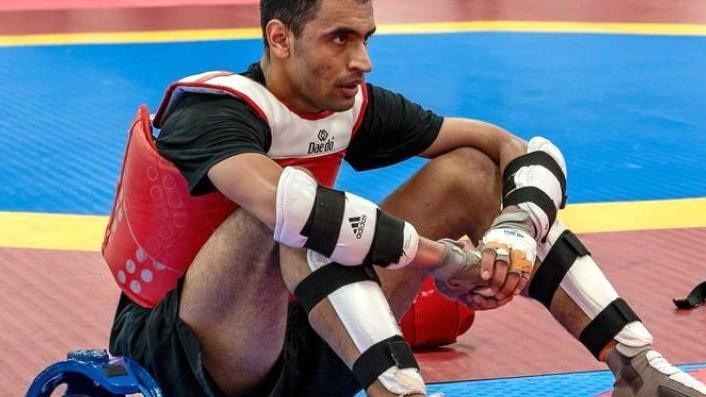
Mansouri is part of a refugee team comprising 36 athletes from 11 different countries and representing 100 million displaced people around the world
Previously on Insight
- Published9 July 2024
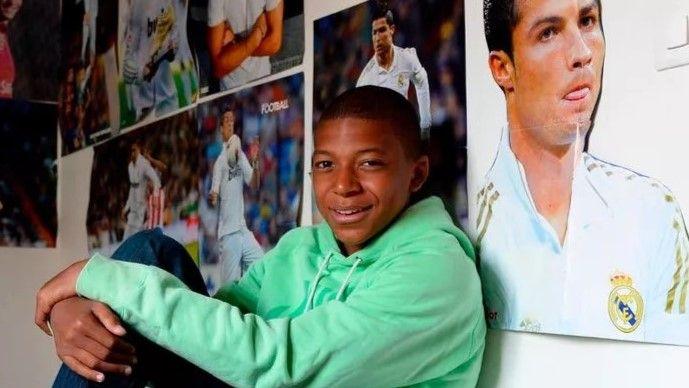
- Published28 May 2024
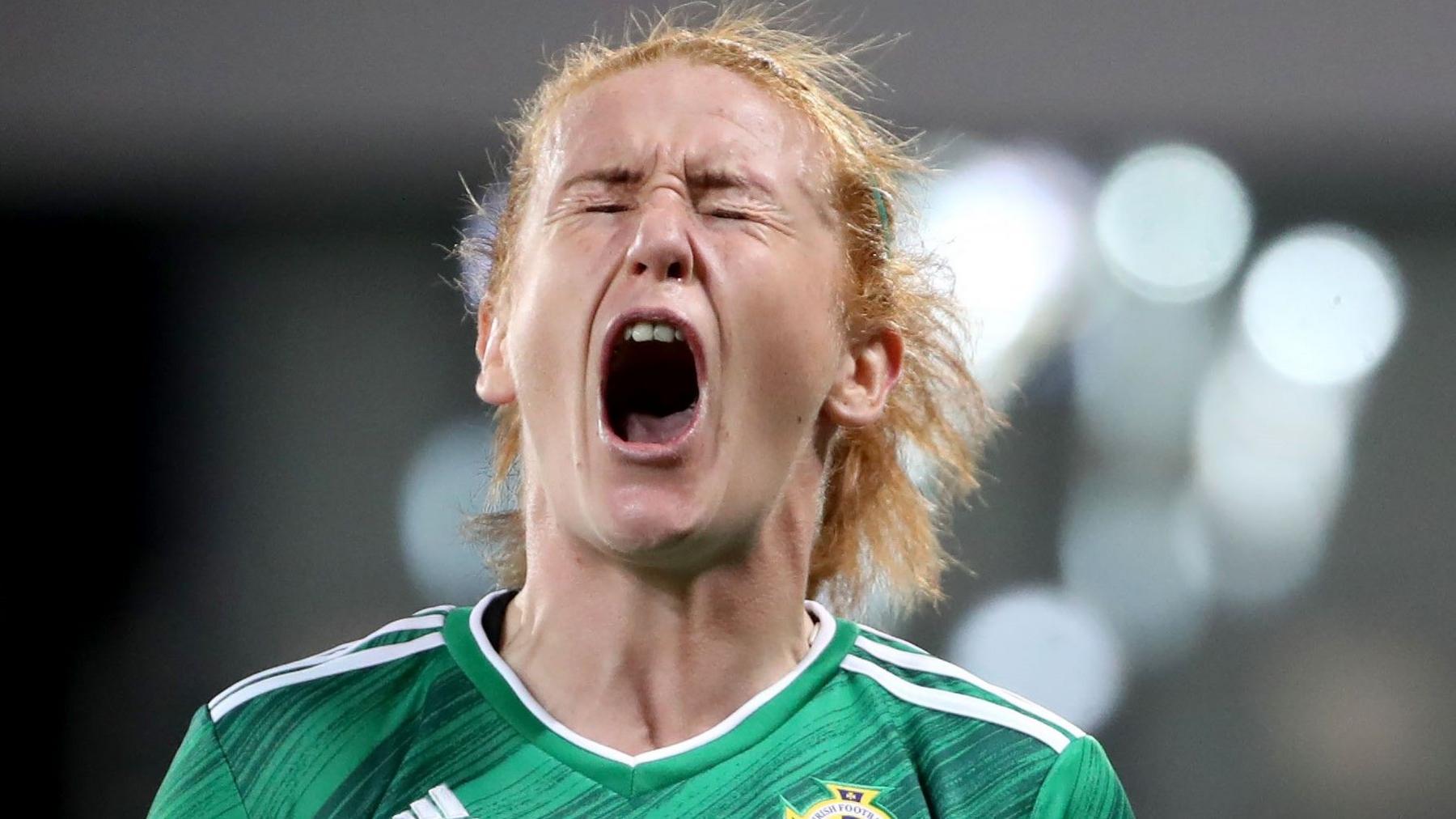
- Published23 May 2024
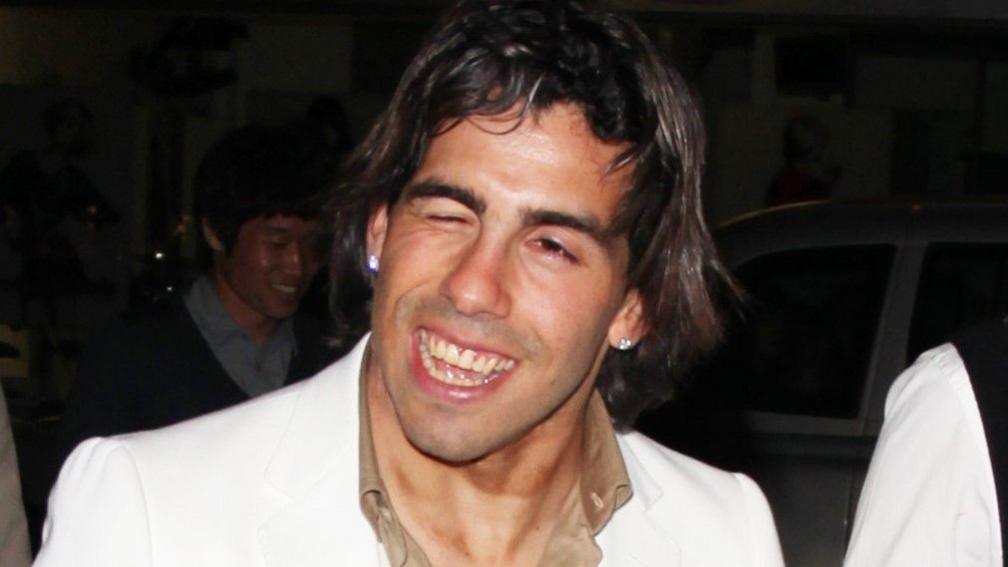
- Published17 May 2024
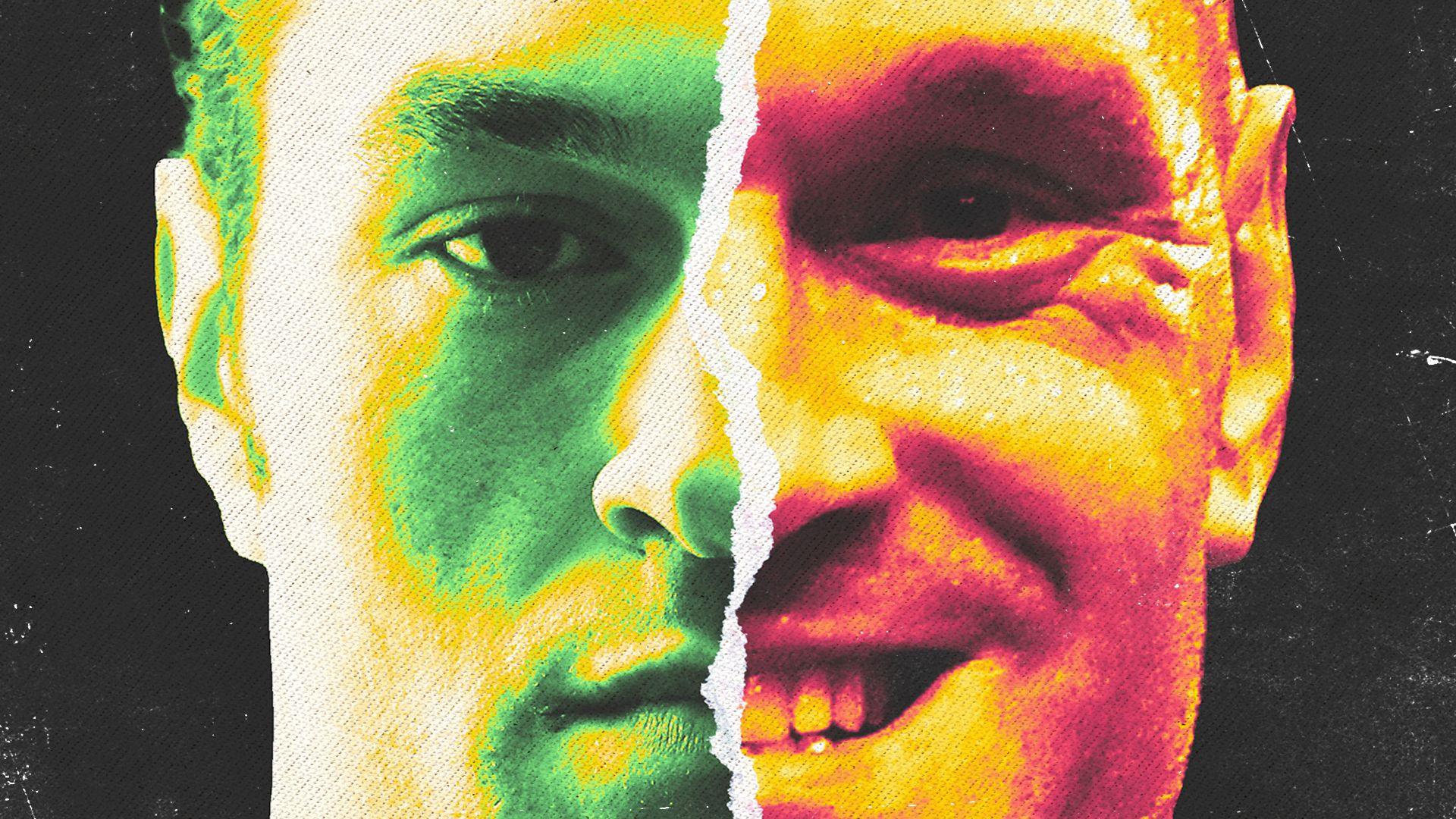
- Published14 May 2024
